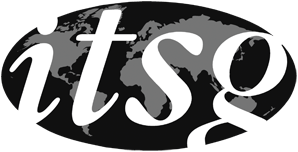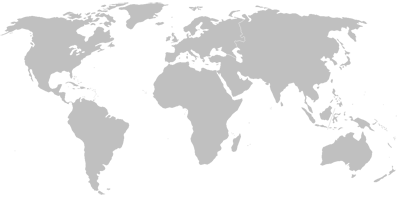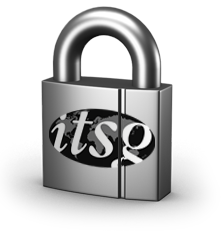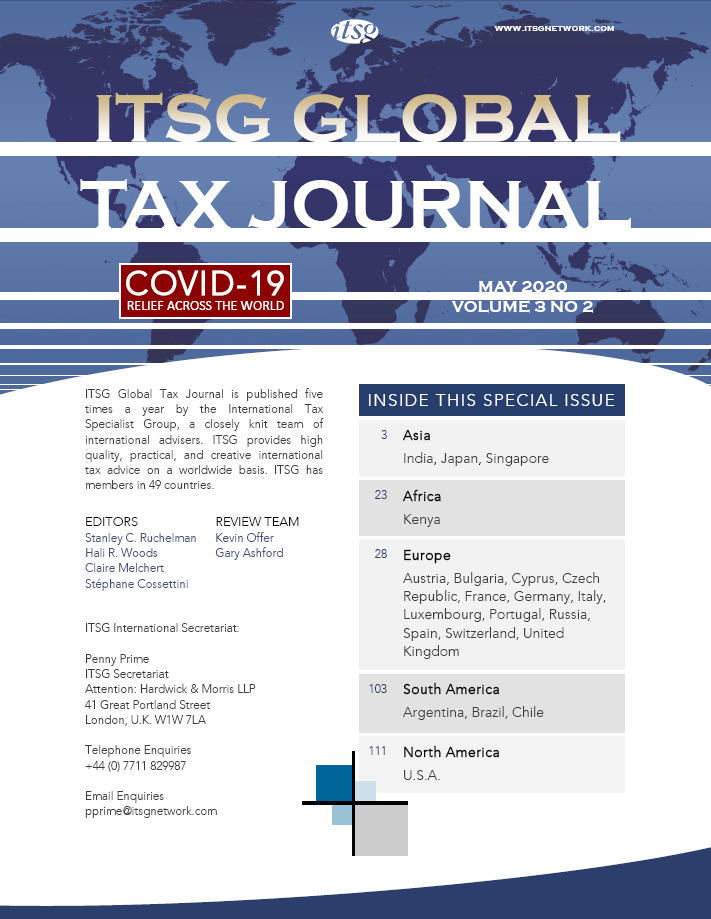A state of emergency in the Czech Republic was declared on 12 March 2020, continuing for 30 days. It is now extended until 17 May 2020. The Czech government adopted a range of various measures to support businesses, protect employment and help the economy. Some of the measures could be applied with immediate effect within the existing legislation and other measures require a change in law. The following list of measures addresses the most significant actions.
Tax measures
Income Tax measures with immediate effect
The deadline for filing 2019 income tax returns has been extended to 1 July 2020. Neither penalties for late filing of the income tax returns nor default interest for late payments until 1 July 2020 will be levied. Advance income tax payments that would otherwise be due on 15 June 2020 have been waived.
V.A.T. measures with immediate effect
V.A.T. return deadlines are not subject to any changes, but penalties have been waived in connection with the late filing of V.A.T. Control Reports otherwise due between 1 March 2020 and 31 July 2020. V.A.T. has been waived on the free of charge supply of products (or inputs used to make such product) that are used in the fight against COVID-19.
Other tax measures with immediate effect
Late filing penalties and late payment interest for real estate taxes and real estate transfer taxes otherwise due in the period 31 March 2020 to 31 July 2020 have been waived.
The due dates for the payment of road tax have been deferred. Payments otherwise due in April 2020 and July 2020 are now due by 15 October 2020.
Waivers of various administrative fees have been announced.
Health insurance payments and social security contributions by self-employed persons otherwise due in the period March 2020 to August 2020 have been deferred. These payments will be due with the annual return and reconciliation. At that time, self-employed individuals will be able to reduce the ultimate annual liability by the annual statutory minimum amounts.
Carry backs of tax loss
An amendment to the Income Taxes Act has been proposed to allow for the carry back of tax loss incurred in 2020 to retroactively reduce taxable income in 2018 and 2019, allowing for the payment of tax refunds.
Elimination of Real Estate Transfer Tax
The Czech government has proposed legislation to eliminate real property transfer tax imposed on purchasers.
Labor market measures
Salary compensations under Anti-Virus Program
Under the Anti-Virus Program, where a business encounters a downturn in its economic activity due to spread of COVID-19 infection, upon application of the business, employers are entitled to direct payments from the Czech government, commonly referred to as Regime A and Regime B.
- Regime A relates to employees who have been put under quarantine by order of a responsible medical authority in connection with COVID-19. Here, the employees are entitled to a payment from the employer equal to 60% of their average salary up to a specified cap. In the event of closure of the business due to a Government order, each employee receives a wage compensation payment of 100% of his average salary. The Anti-Virus Program provides that the employer will be reimbursed for 80% of the costs borne in connection with those payments. The monthly compensation per employee is capped at CZK 39,000 (slightly more than €1,400 at current exchange rates).
- Regime B relates to businesses encountering economic difficulties due to the spread of the virus.
- Where work cannot be assigned by an employer due to the ordered quarantine or childcare responsibilities for a significant portion of the workforce, typically triggered if 30% of workforce are affected, affected employees are entitled to receive compensation equal to 100% of the pre-COVID-19 average salaries.
- Where work cannot be assigned by an employer due to unavailability of inputs necessary for the activity, such as raw material, products, or services, affected employees are entitled to receive a compensation payment equal to 80% of the pre-Covid19average salaries.
- Where work cannot be assigned by an employer due to reduced demand for services, products and other products of the employer, affected employees are entitled to receive a compensation payment equal to 60% of the pre-COVID-19 average salaries.
In all three of these fact patterns, the employer may apply to the Government for reimbursement of 60% of the costs borne with those payments. The monthly contribution per employee is capped at CZK 29,000 (slightly more than €1,050 at current exchange rates).
Certain conditions must be met for the employer to be compensated such as, inter alia, a history of compliance with Czech labour laws. The employer will not be reimbursed for employees who have been given a notice. The compensation of costs claimed under the Anti-Virus Program cannot be combined with a support under another program.
Childcare allowance
Employees as well as self-employed persons may apply for a childcare allowance if they cannot work because they are taking care of children who are under 13 years of age or handicapped. The entitlement applies when schools and other childcare facilities are closed, the child is under a quarantine order, or the person taking care of the child is subject to a quarantine order during the COVID-19 emergency. The childcare allowance is 80% of salary for employees and CZK 424 (about €15.50 at current exchange rates) per day in case of self-employed. The allowance is not automatic; an application must be submitted.
Financial aid for self-employed
Following to an application, a self-employed person can apply for a lump-sum bonus amounting to a maximum of CZK 25,000 (about €918 at current exchange rates) provided that the following conditions:
- The self-employed business activity is performed as the main activity unless an exception applies.
- The self-employed was active on 12 March 2020, alternatively the self-employed individual’s activity was interrupted at any time after 31 August 2019 due to its seasonal nature.
- The self-employed person declares that the business could not be operated in whole or in part as a result of government emergency measures.
Other measures
Leases of business premises
Landlords are not entitled to terminate a lease with tenants who have not paid rent in the period between 12 March 2020 and 30 June 2020 because of emergency restrictions related to COVID-19 that prevent their business from being conducted. The protection period ends on 31 December 2020, and by that time all rent must be paid.
Financial aid under COVID II
Under COVID II program, C.M.Z.R.B. (the Czech-Moravian Guarantee and Development Bank) provides 3-year guarantees for up to 80% of commercial bank loans and a subsidy to cover interest up to CZK 1 million (slightly more than €37,000 at current exchange rates) on those loans. The program aims at loans drawn to finance operating costs of business such as rent, energy, wages, acquisition of inventory etc.
Extension of deadlines for loan repayments
As of 17 April 2020, a new Act entered into force enabling borrowers to postpone loan principal repayments upon notification to a creditor. A borrower has a choice to decide whether payments begin by either the end of July or the end of October 2020. No fees can be charged for the extension. For certain categories of borrowers, the interest rate is limited.

 Login
Login




















































